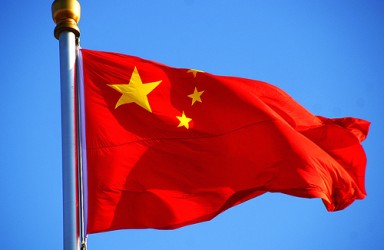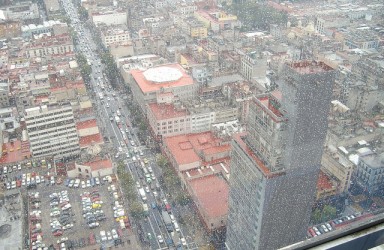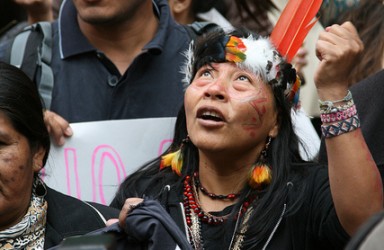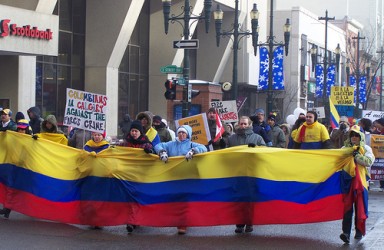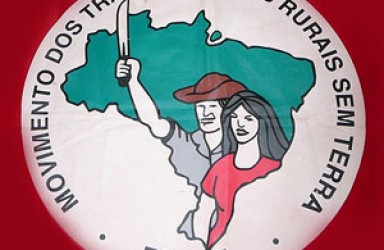Is the Cuban problem fading away with the ageing Castro regime?
US attempts at regime change in Cuba have inadvertently created a martyr for anti-imperialist and anti-capitalist movements. Fidel Castro shall continue to play an important role in US-Latin American relations long after his death, with the regime standing as a focal anti-US hub in Latin America.
Who in Latin America benefits and loses from the rise of China?
The People’s Republic of China has emerged as an important global actor in the twenty-first century but who has benefitted, politically and economically, from Beijing’s growing presence in Latin America and how have Sino-Latin American relations developed since Chinese President Hu Jintao’s first diplomatic visit to the region in 2004?
Why has the demobilisation of combatants proved so difficult? The Colombian paramilitary experience
The demobilisation of combatants during or after conflict is a crucial step towards achieving sustainable peace. This essay draws on the case of Colombia to illustrate the difficulties that this task poses.
Mexico City’s Water Crisis and Community Activism
Mexico City’s urban water crisis is the result of a long history of poor resource management and negligible citizen activism on water governance. Viewing water as a human right, rather than an economic good, could form the basis for community involvement and improve access and affordability.
Amazon Battle: Is hydropower the new Kobayashi Maru?
The Belo Monte and the Madeira Dams have been subjected to criticism due to their negative impacts on indigenous populations of the Xingu and Madeira River. Besides threatening the livelihood of indigenous communities, the projects also have significant negative impacts on the environment. This nevertheless remains a popular option among policy-makers.
To what extent does the EZLN political economy framework offer a viable development alternative to its followers?
The EZLN is a Polanyian reaction to a specific type of market subordination, something which is central in understanding the extent to which the EZLN represents a viable political economy model for its followers. Furthermore, the Mexican Revolution triggered the emergence of these markets
An Analysis of Colombia’s Democracy
This paper will focus on the question whether the emergence of democracy in Colombia can be explained based on the assumptions of the ‘sequentialist’ or ‘preconditionist’ theories as suggested, amongst many others, by Fareed Zakaria or Edward Mansfield and Jack Snyder, or if, by contrast, the views of ‘gradualists’ or ‘universalists’ such as Sheri Berman or Thomas Carothers are more indicated to explain and analyze Colombia’s democratic past, present and future.
Brazil’s Landless Workers’ Movement: a Replicable Strategy for Social Change?
The strategy of the MST meets numerous challenges from within and outside of the movement. This essay will argue that those challenges are obstacles to its success in the fields of social transformation and political change. Therefore it is questionable if the movement’s strategy for social change has a future in Brazil or if it has reproducible strategy in other national contexts.
Disputed Lands: the Rise of Pentecostalism in Latin America
The religious story of Latin America under Hispanic rule has long been one of Catholic religious hegemony and dominance. This essay explores the role of the progressive Catholic Church with the end of authoritarian rule in Latin America. It assesses the role that the rise of Pentecostalism played in this decline.
Argentinia’s 2001 Economic Crisis and the Success of New Social Movements
Several new social movements found their expression in the Argentinian political and economic crisis of 2001, termed the ‘Argentinazo’. The event consisted of a popular revolt in which people took to the streets armed with pots and pans to express their dismay of the establishment. However, just a few years later their legacy was being questioned.

